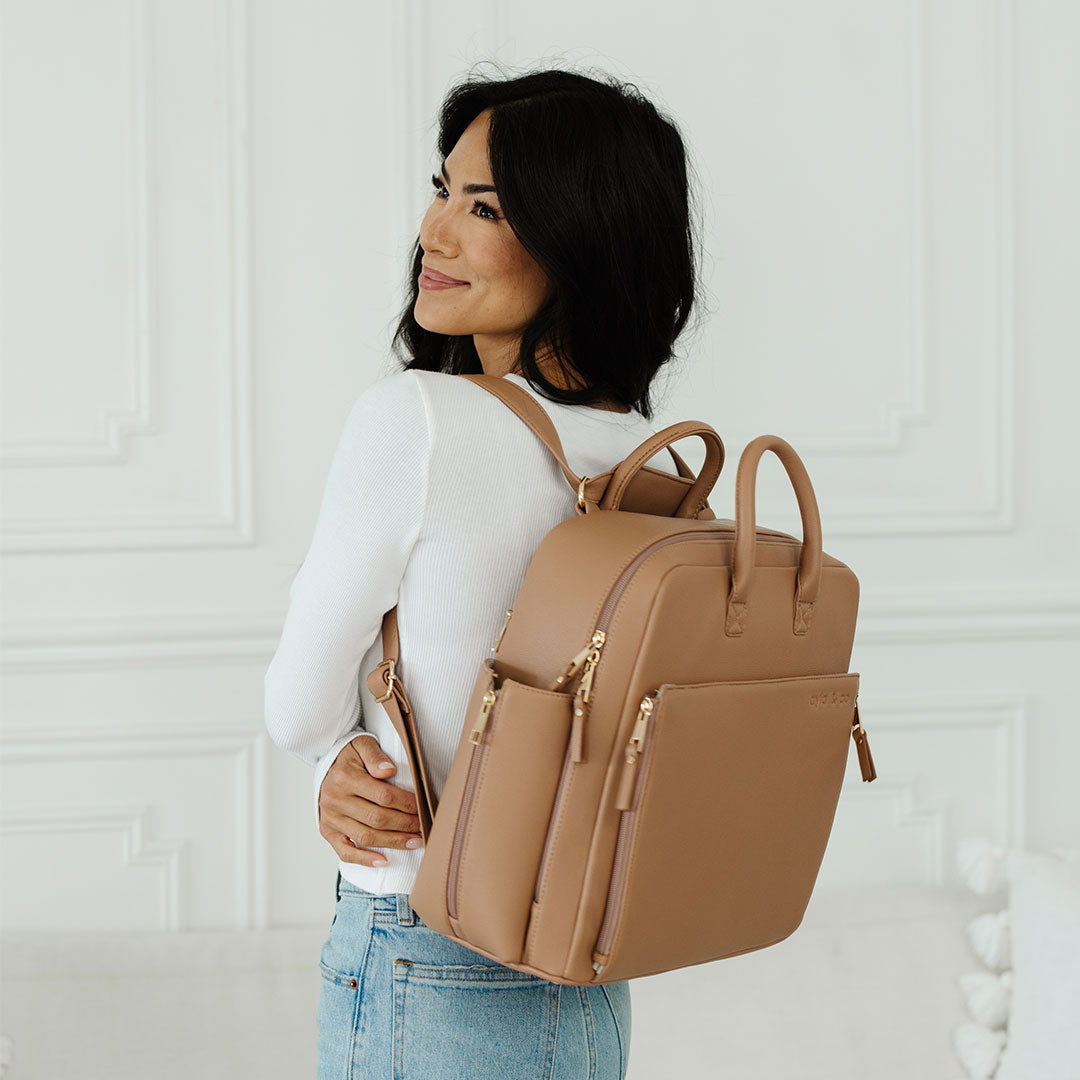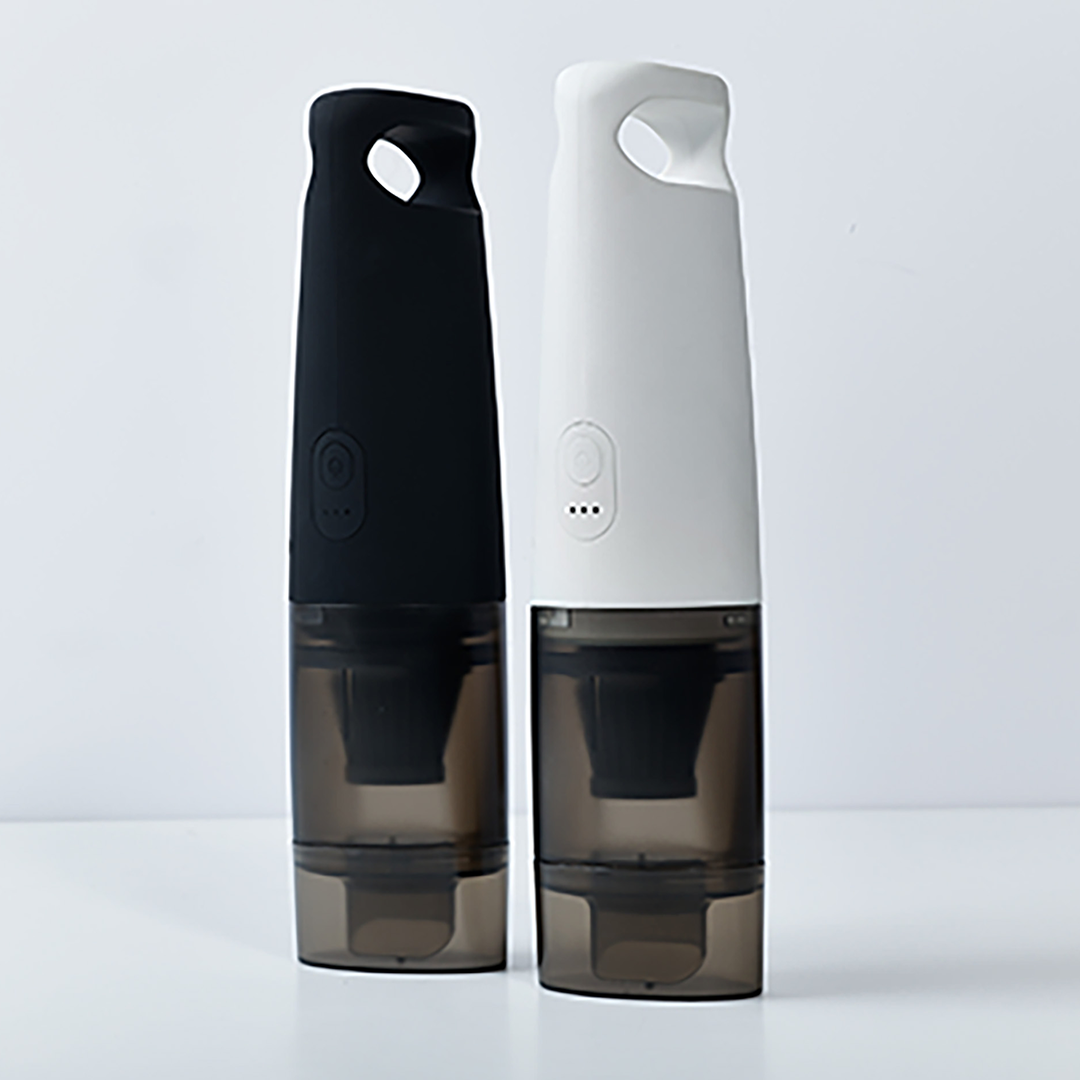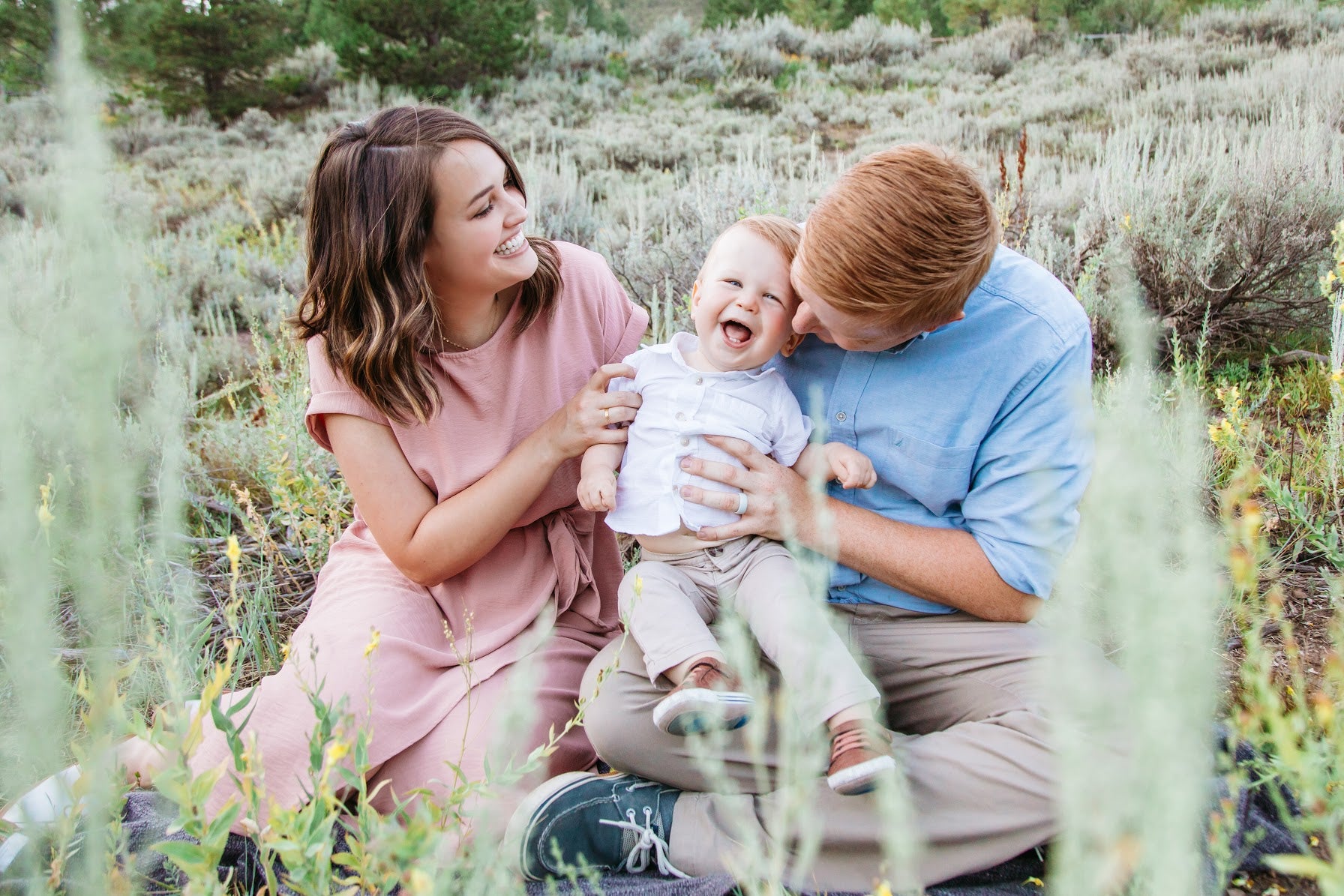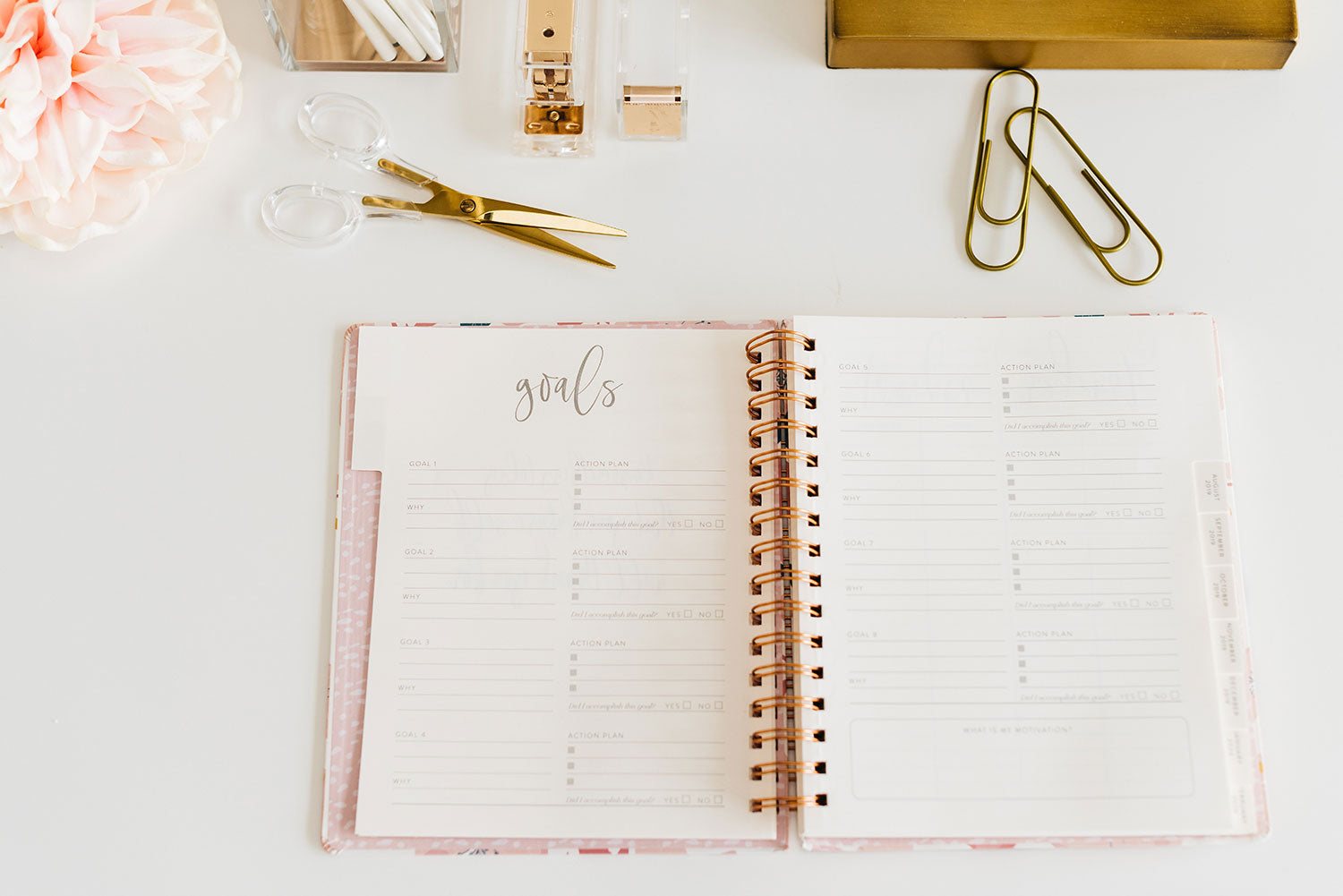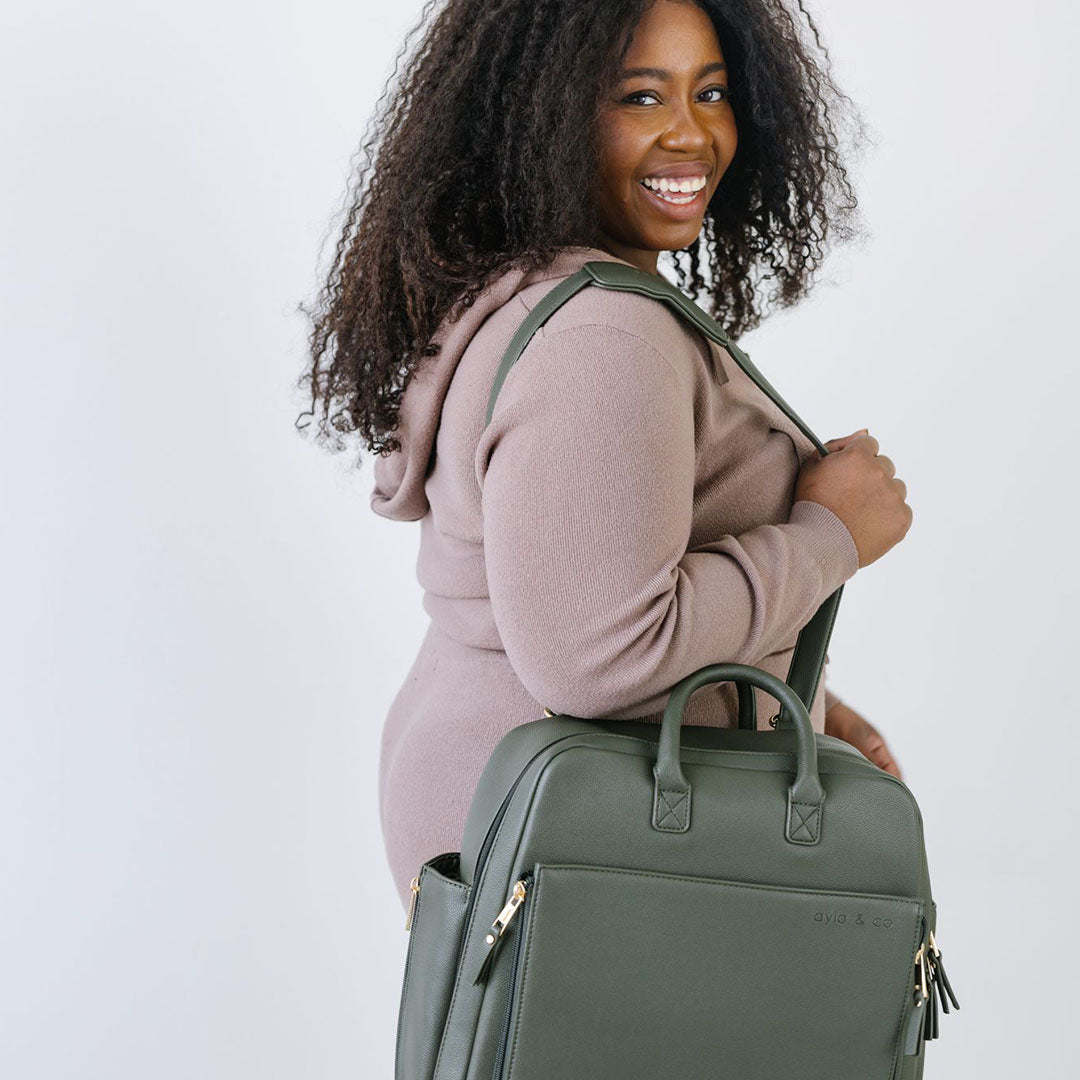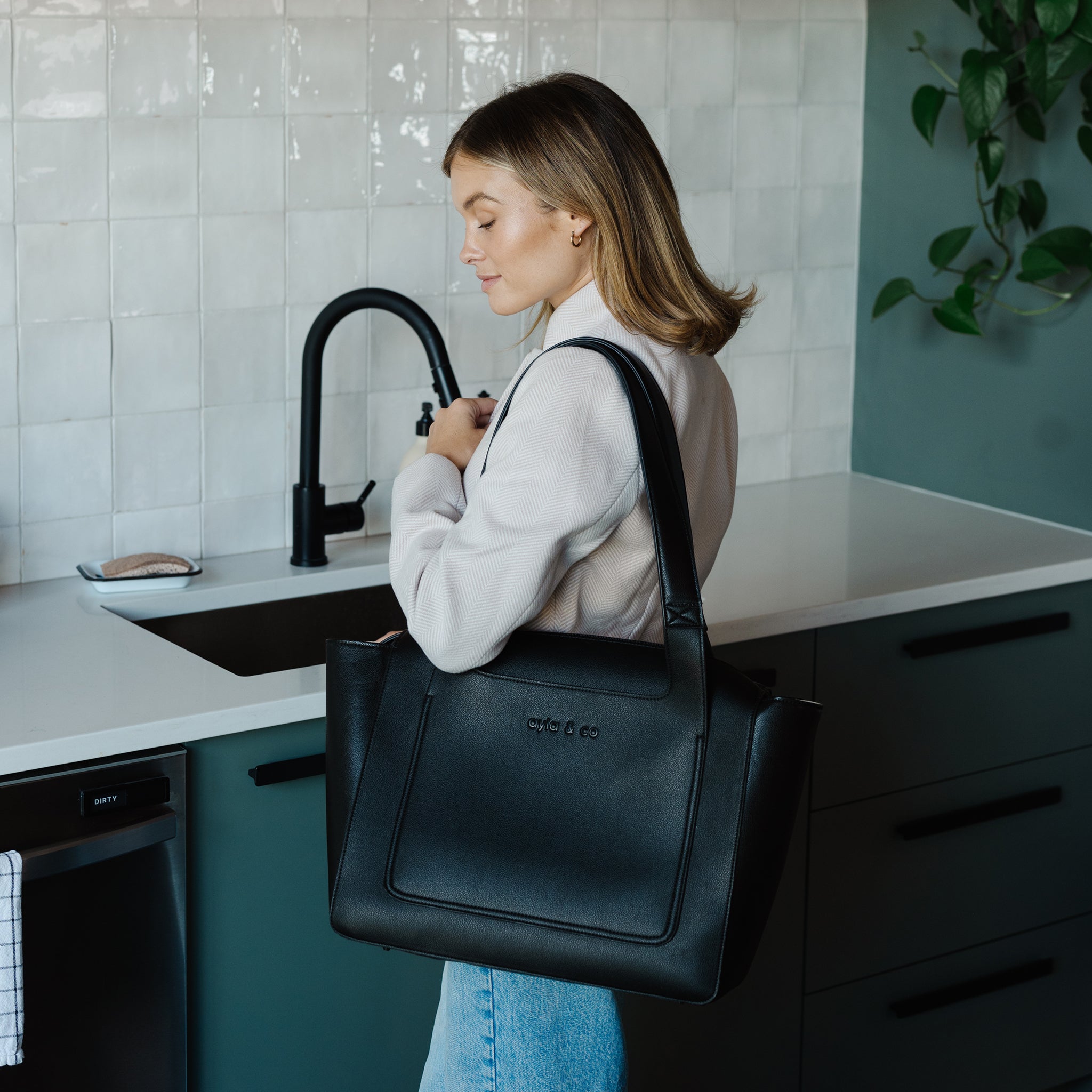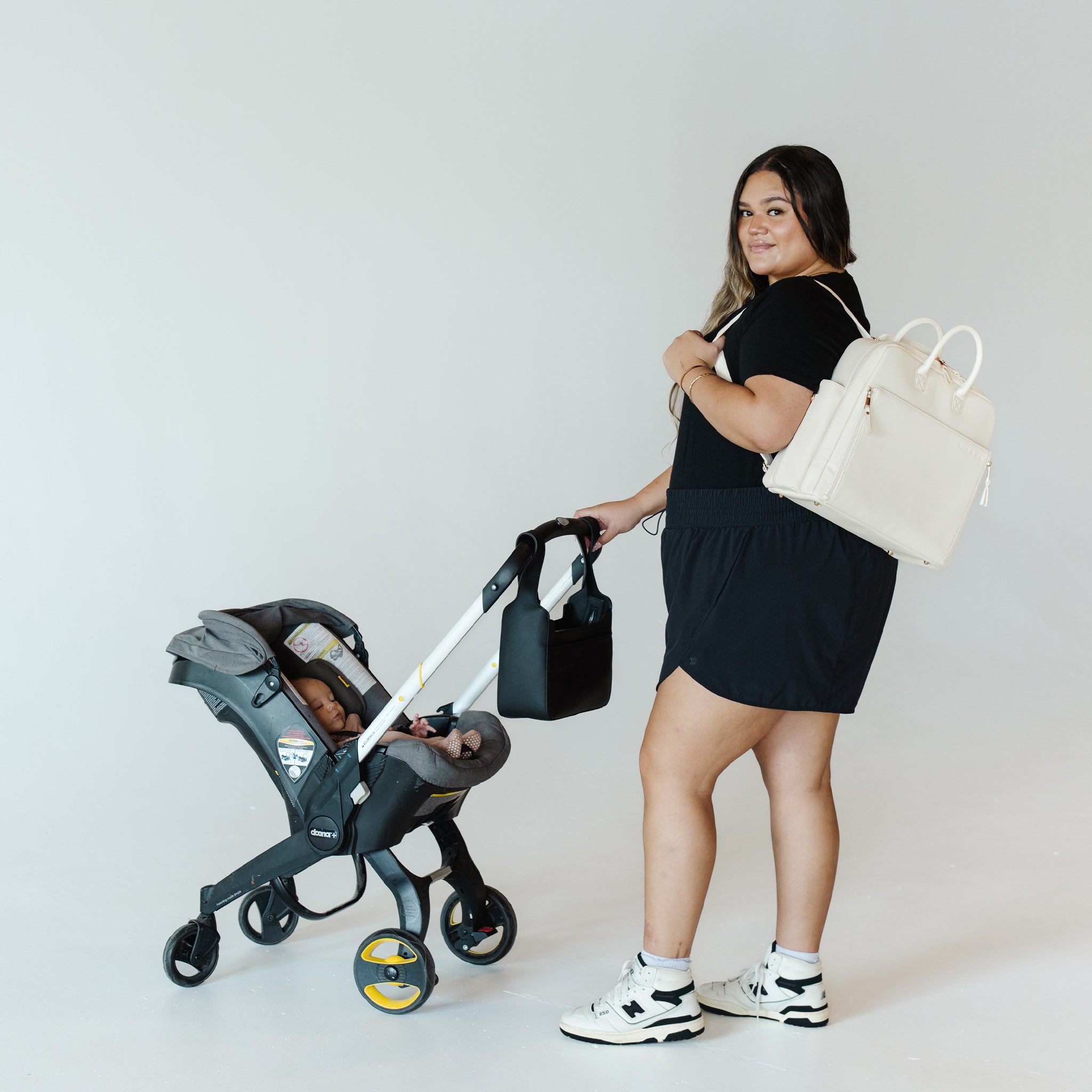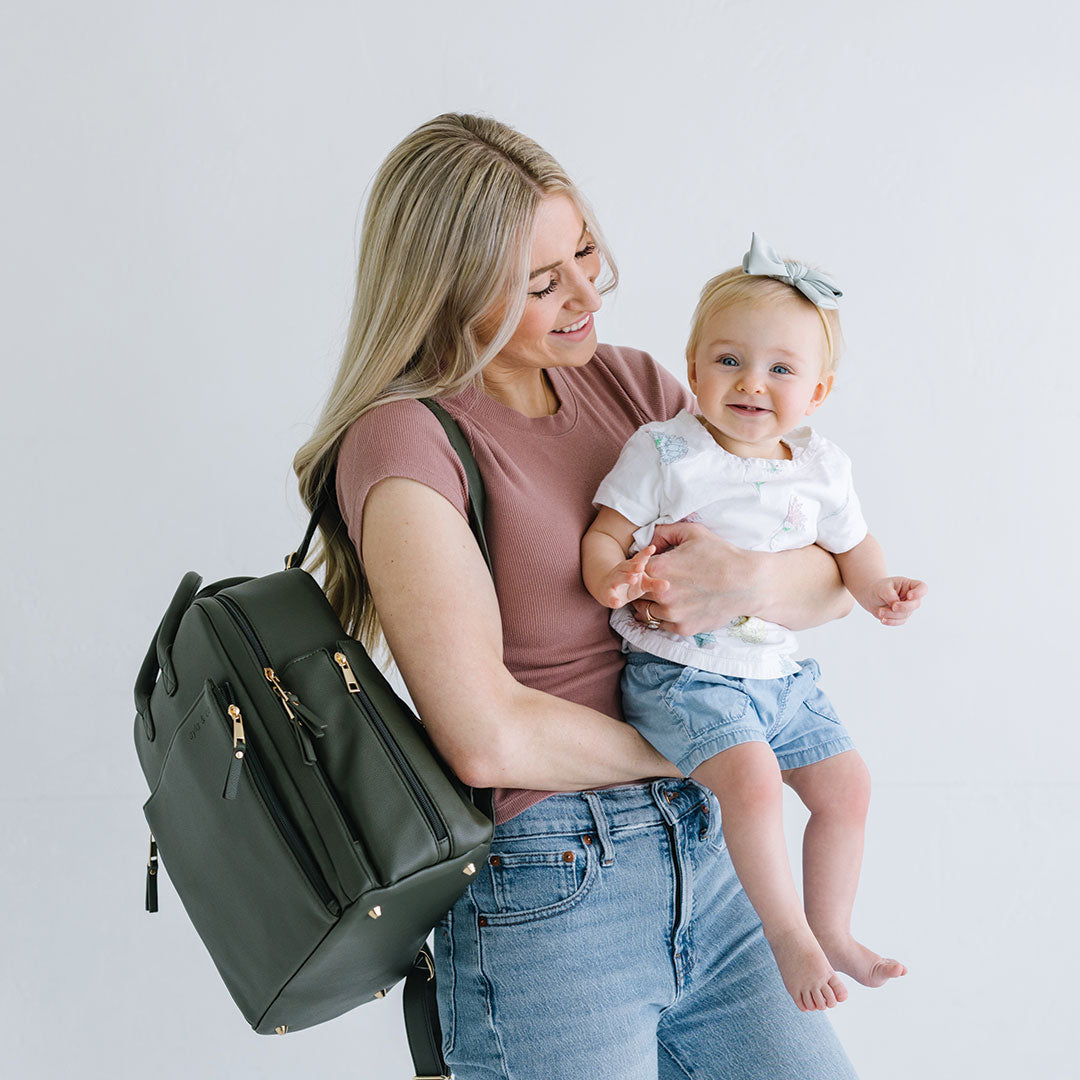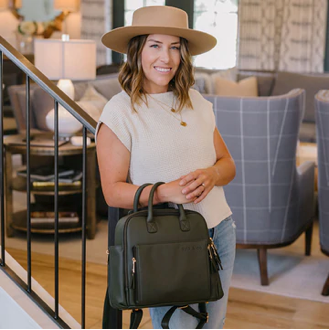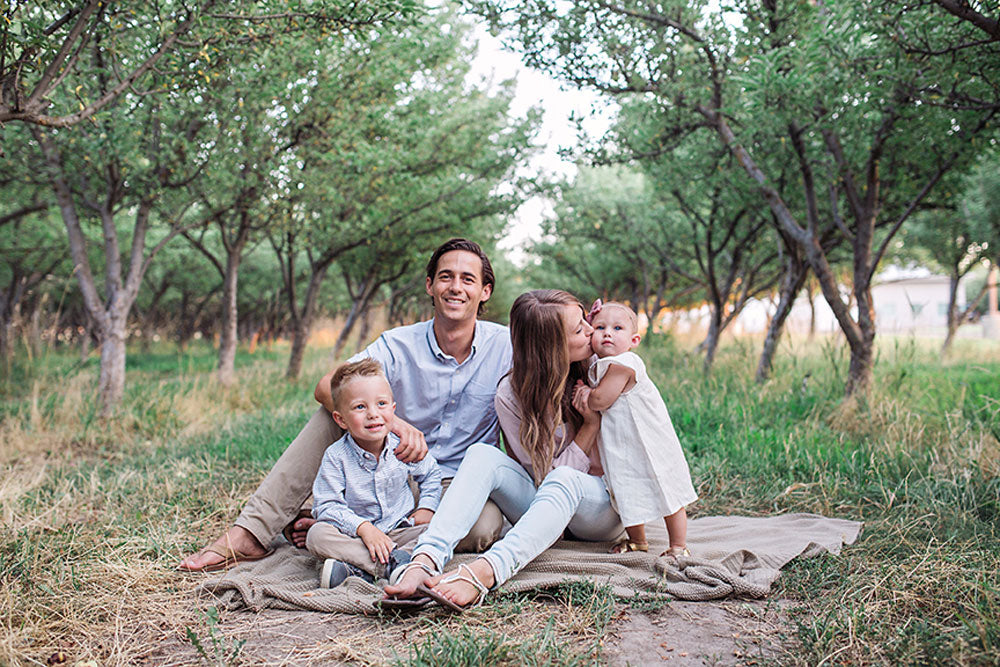
Stories of Perseverance: Loraca Peterson
Today we’re sharing Loraca Peterson’s story and her journey with a child with DYRK1A.
Mom to: Jack, Kate, and Quinn
My pregnancy was like any other. This was my second so I had been down this road before. No red flags. No concerns. My 20 week ultrasound was healthy and looked great. A few weeks before delivering I was measuring small, the doctor chalked it up to getting the delivery date wrong. I went into labor naturally a few days before my delivery date. I had a natural birth and everything seemed great. Again, I had been down this road and knew what to expect. We had Kate, they washed her, she cried, I attempted to feed her a number of times with no success. For 9 hours we did the new baby thing in our hospital room. The nurse took her for shots and we expected to have her back shortly. Time continued to pass. Still, as far as we were aware everything was fine and no concerns. At 9 p.m. a doctor came into our room without our little girl. He asked 'does genetic deformity or syndromes run in your family?' My husband and I looked at each other mystified. We responded 'no'. He then asked 'does she look different to you?' Again puzzled, my husband and I glanced at each other. We thought she looked like a new baby. He continued to peck and prod, dancing around what seemed to be a bigger issue. My husband finally asked: "What are you trying to say? Do you have the right room?" The doctor told us he thought our baby had Noonan’s Syndrome. Then began to describe Kate and list his concerns: her wide-set nipples, low birth weight of 5 pounds 11 ounces, set back ears, feeding difficulty, apnea, and heart racing. He told us she was going to be admitted to the Neonatal Intensive Care Unit. My husband was allowed to accompany our new baby to the NICU, while she was admitted. I watched the doctor and my husband walk out of my room. I was healing from delivery, alone in a cold room, and terrified for my little girl. All whilst being bombarded with congratulatory texts and family members wanting to stop by and visit. I broke down sobbing. Confined to my bed.

My husband was silent as he walked down a long hallway, he had never experienced the weight of the unknown and sheer terror. He had not been one to cry and when the doctors finally left him with our little girl, he was hysterical. The NICU stay was up and down. They began with doing genetic testing to see if she had any of the most common syndromes. The test came back negative. My husband immediately thought this was all over. All we needed to do now was teach our little girl to eat. We didn't realize the extent of the genetic testing arena and how there was still a possibility of rare genetic syndromes. We had one child at home. I basically lived at the NICU trying my hardest to get Kate to eat, while my husband cared for our older son at home. I have never felt so torn needing and wanting to be with both of my kids and unable to do so. Finally, on day 14 we were able to go home, thinking the hardest part was behind us.
Life immediately after the NICU was chaotic. We were expected to go to the pediatricians office every two days to make sure Kate was gaining weight. Every time Kate did weight checks it was like an alarm would go off between the doctors and nurses, with a sense of urgency. Everyone was trying to brainstorm how to help this little girl. They asked me to breastfeed more, do lactation consulting. Kate was crying nonstop and seemed to either be in pain or starving all the time, and spitting up constantly. We were able to get Kate on a strong reflux medication. We tried everything: feeding therapy, spacing out feedings, having feedings closer together, different feeding positions, thickening food. Eventually, everyone was so concerned thinking I wasn't producing enough milk. We switched to formula. Still no success.
At 2 months old, I was at a GI doctor visit and Kate still was not growing, in body or in head. I cried and begged our GI doctor to give Kate a feeding tube. It felt like she was dying right in front of me. Because of insurance requirements, to see Kate lose weight consistently, we had to wait. At 4 months, Kate was 8 pounds 5 ounces. With weekly feeding therapies, early intervention, and constant doctors appointments we still couldn't get this girl what she needed. I was at a loss. At 7 months old, our little girl finally got an NG tube that goes in through her nose and to her stomach. Again, we thought this is where it gets easier. However, due to her reflux, it made matters worse. She would throw up more, the tube would get dislodged, and cut off her airway. Once, I was driving and Kate threw up and started turning purple. I pulled the wheel over, slammed on the brakes, and pulled out the dislodged tube.
At 8 months, while we were trying to figure out why she wasn't growing or doing normal baby stuff, a neurologist said she had a degenerative disorder, based on Kate’s MRI. Which meant all of the things we worked so hard to do for Kate like sitting or crawling would all eventually stop. She would eventually fget to the point where she wouldn’t be able to move at all and her whole body would shut down. We thought at this point we would lose her and she wouldn't get to grow up. I sobbed. Every appointment felt like a loss and more bad news. We still didn't have a diagnosis for Kate, just symptoms. Every doctor we spoke to said this happens a lot, sometimes they just don't know why this happens to certain kids.

At one point, Kate was abnormally small, had a tube taped to her face, had a helmet for head shape, eczema on her face and all over her body, couldn’t sit, talk or do any of the normal baby stuff. During this time I hated taking her anywhere. I hated the staring. I hated the feeling of not doing enough as a parent. I avoided any social function I could because I didn't want to talk about all that she wasn't doing or all the things that couldn't help. In our home, things felt a little more normal because I didn't see the huge discrepancy between Kate and normal kids her age. But, every time I went to church or met with friends I would see Kate and all the other babies her age were doing normal things. I have never felt so envious of health. When someone would complain about their kid’s minor issues I would be defensive and judgmental. Our mindset eventually changed from ‘poor us’ to ‘let's enjoy every minute.’ If her life is short it just means that she will be in heaven, not in pain, not miserable with us, who have not been able to help or fix her.
Kate got on a waitlist with genetics, which was an 8 month wait. At Kate’s appointment the doctor took pictures and did two more tests, which came back negative. The doctor told us we could do a whole Exome sequencing, but it would cost $20,000. We were told it was better to assess a specific syndrome you think it could be, this makes it less expensive and more likely for insurance to cover. This again reinforced to my husband that Kate was fine and had some things she had to outgrow. I felt differently, like there was something more we needed to find. This was very hard on our marriage. I’m sad to say, during our hardest trial we didn't come together, we went our separate ways and went through the motions of life. We never fought, we just didn't see eye to eye. Finances were stressful, his mom, a nurse, thought I was in such a deep postpartum depression that I was addicted to the doctor appointments.
We lived near a research university where I found out about a new program that could help diagnose Kate was being researched. I knew my husband wouldn’t want to do it, so I went forward with it on my own. The test would take 6 months to receive results, while waiting Kate was put on a G-tube. The G-tube took care of her nutrition and a stronger medication helped with her reflux, lifting a large weight off my shoulders. This helped Kate begin to grow and stop crying nonstop. Our pediatrician had an advocate who helped find special programs to cover many expenses.
On Halloween, I received a call with the test results. Kate had DYRK1A Syndrome, she was 18 months old. I had mixed emotions: sadness for a lifelong syndrome Kate would never grow out of, and relief knowing what we were dealing with and I wasn’t crazy.
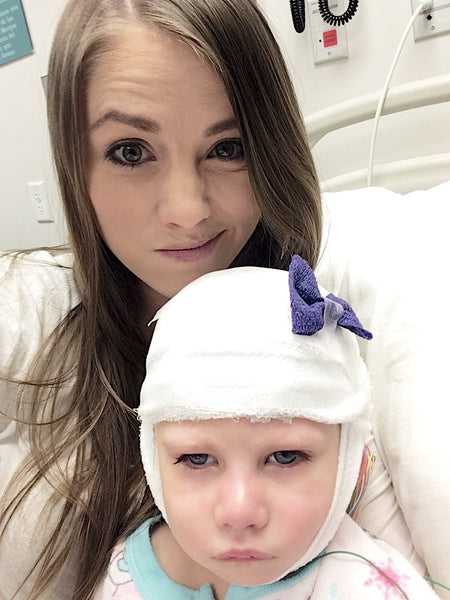
During the NICU stay, a friend of ours was in the NICU at the same time. She was a rock star and really was a huge help. We had family and friends that would bring meals. Nothing really kept me grounded. I was in work mode of doing whatever I could and never leaving my daughter's side. We had incredible nurses that provided help and made sure I was taking care of myself, which was very difficult to do.
Family and friends stepped in all of the time. Whether it would be babysitting, meals, pulling me away to force me to take a break, being an ear, offering whatever they could.
One time, my dad and sister came to babysit. My husband and I went to dinner and had a night to ourselves. We were gone for three hours, when we came home, Kate was screaming as per usual. My dad and sister just hugged me. They had no idea she was literally crying all day every day. I had said Kate was crying all day everyday, but no one thinks it’s every minute for 6 months straight. That's truly what it was.
After feeling like we had hit rock bottom. We were ridiculously poor: medical bills, special formula, therapies, everything was stacking up. I remember talking to my mom, telling her how overwhelmed I was and she told me to look for the good. I bought a journal for each of my kids, every night I would write two good things about each kid. It literally changed my life. Instead of focusing on all the things that weren't happening with Kate, I started to see things through a new light. Everything changed that day for me and my family.
Once Kate got a G-tube, better medication, and on financial programs our life was leaps and bounds better.

Kate is a badass. Doctors told us that due to her brain volume loss she would never be able to walk, sit, or even control her head. She can do all of that. She runs, scooters, rock climbs, hikes, and swims. She can keep up with all of our family's hobbies. Doctors told us she would be nonverbal and we will never be able to communicate with her. She learned how to sign at a very young age. Now, she has a communication device and can count and do her letters. She can say 10 words and is trying to say more every day.

